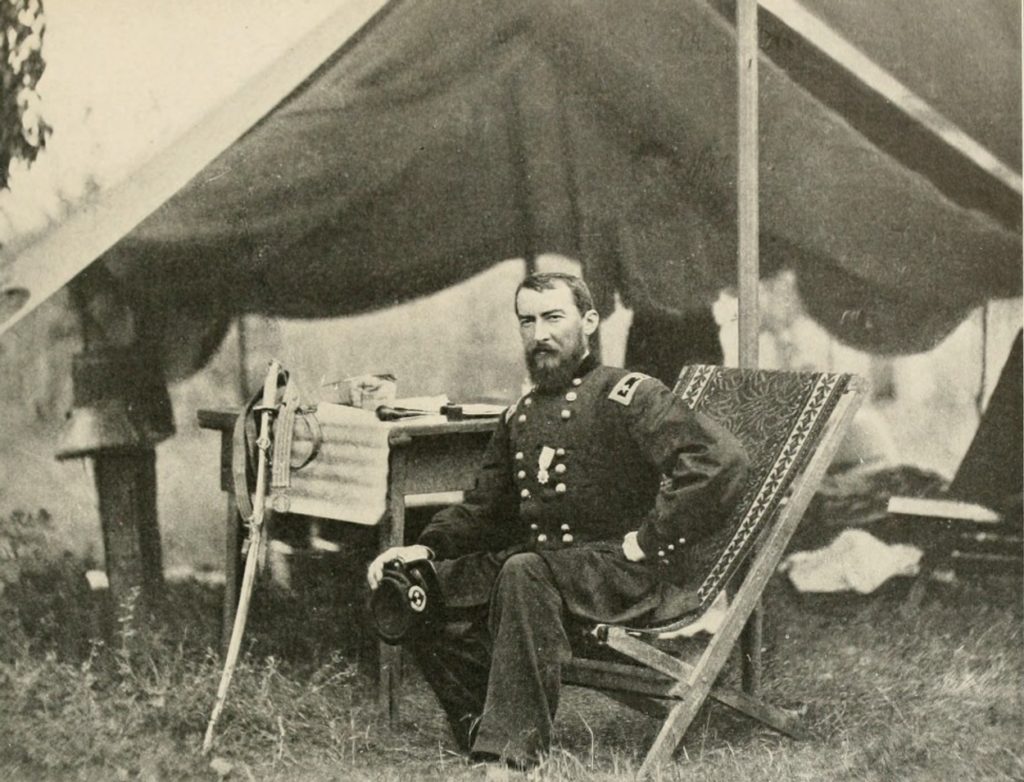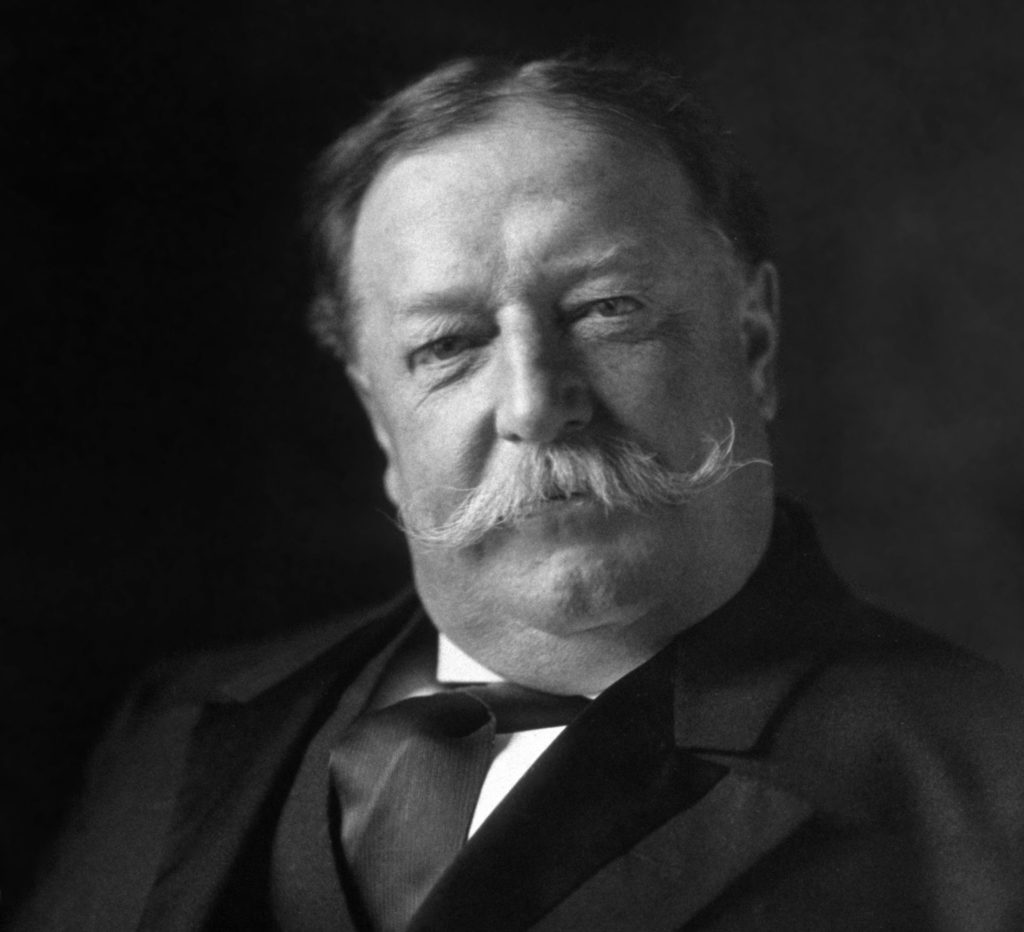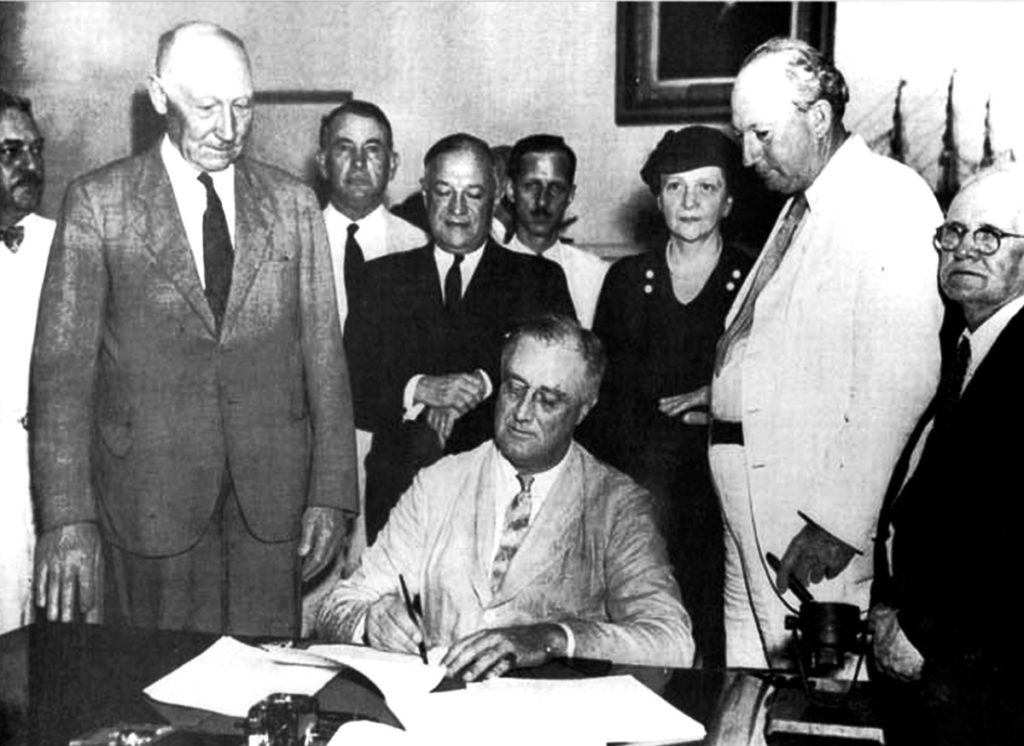August 1 — August 15, 2022
History Matters
Showing our children that their past is prelude to their future
On August 1, 1864, General Ulysses S. Grant appointed General Philip Sheridan to command the Army of the Shenandoah, just as Jubal Early’s Confederate troops were nearing the U.S. capital for a likely capture.
According to History.com, Grant was “frustrated by the inability of Generals Franz Sigel and David Hunter to effectively deal with Early’s force in the Shenandoah [so he] turned to General Philip Sheridan, a skilled general who served with him in the west before Grant became the overall commander of Union forces in early 1864.” Sheridan decimated Early’s Confederate army, “nearly all possible sources of Rebel supplies,” and hastened the finish of the War.
Nine months later Robert E. Lee surrendered his Confederate troops to Grant in Appomattox, VA, and the war was ended.
For more information, the Grateful American Book Prize recommends Sheridan’s Lieutenants: Phil Sheridan, His Generals, and the Final Year of the Civil War by David Coffey.

Abraham Lincoln was the first president to levy an income tax, and on August 5, 1861, the Revenue Act was signed into law.
According to History.com., the country “was [s]trapped for cash [because of the Civil War, so] Lincoln and Congress agreed to [a] 3 percent tariff on annual incomes over $800…Congress repealed Lincoln’s tax law in 1871, but the 16th Amendment…passed in 1909, which set in place the income-tax system used today. Congress ratified the Amendment in 1913.”
But William Howard Taft, president from 1909-1913, converted the tariff into permanence.
He also popularized golf, satiated himself with the first presidential limousine, and—in his post White House years—was appointed Chief Justice of the United States.
The Grateful American Book Prize recommends The Interesting History of Income Tax by William J. Federer.

When Franklin Delano Roosevelt ascended to the presidency in 1933, America was in the third year of the Great Depression, which History.com described as “the worst economic downturn in the history of the industrialized world.”
It started with the stock market crash of October 1929; then, Wall Street was tossed into a frenzy, and millions of people were pitched into unemployment and poverty.
On August 14, 1935, the president signed the Social Security Act into law: This “measure gives at least some protection to thirty millions of our citizens who will reap direct benefits through unemployment compensation, through old-age pensions and through increased services for the protection of children and the prevention of ill health.”
The law was intended to assist the towering amount of people who could not find employment, but it evolved into a powerful safety net for retirees, the disabled, and recipients of death benefits.
For more information, the Grateful American Book Prize recommends The Struggle for Social Security, 1900–1935 by Roy Lubove.

History Matters is a biweekly feature courtesy of The Grateful American Book Prize.




